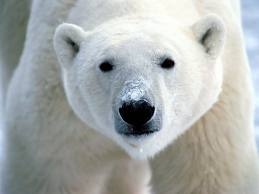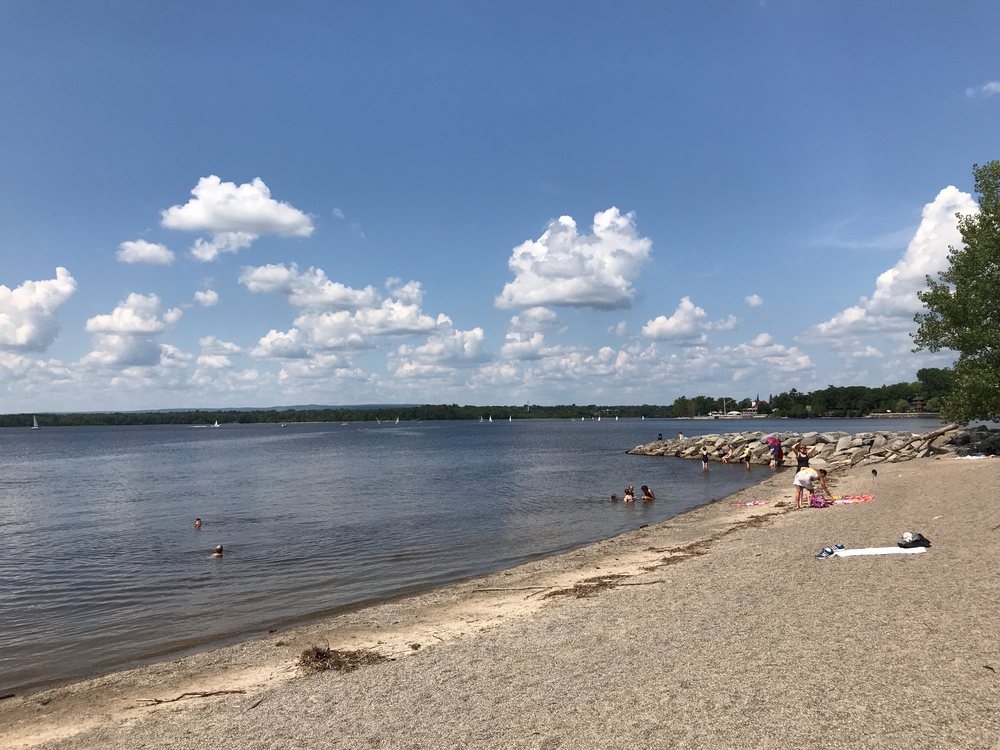
GreenStream Series: The Human Face of Climate Change
In April, the world’s top polar scientists will descend on Montreal to answer the world’s most pressing question – how is climate change affecting our planet and what should we do about it? The International Polar Year 2012 (IPY) conference will examine all aspects of the changing polar environment – from biodiversity through to polar shipping. But perhaps the most important IPY event will centre on those immediately affected by climate change – circumpolar indigenous people.
The Indigenous Knowledge Exchange – to be held in conjunction with 156 parallel sessions on polar science – will examine major issues affecting the people of the North. Arctic indigenous leaders, policymakers and decision-takers and researchers will attempt to come up with solutions to crucial issues including food security and health, wildlife and management, and youth and capacity-building.

Dr. Peter Harrison, Chair of IPY 2012, says the rapid environmental change experienced in Canada’s Arctic is having a strong impact on the health and sustainability of Northern communities. Shorter sea-ice seasons, melting permafrost, changing migration patterns of different species – all impact the daily lives of Canada’s indigenous peoples. “Understanding the rapid pace of polar change will help those who are affected to develop strategies to cope with or benefit from the change,” Dr. Harrison says.
The outcomes of the Indigenous Knowledge Exchange will combine with other action forums on polar themes including Sustainable Polar Fisheries and Marine Areas, Access to Quality and Sustainable Health Care in Arctic Communities, and Earth Observation. The challenges facing resource deve-lopment with a concentration on oil, gas and mineral extraction in polar regions will also be explored.
Dr. Harrison says climate change eases the way for mining companies to access natural resources such as oil, gas and minerals in traditional Northern communities. “The sustainable development of natural resources will need to be based on better knowledge of environmental and social impacts, particularly within the land claims context,” Dr. Harrison says. “It is my hope that a key conference outcome includes a greater distribution of knowledge of all kinds about the polar regions to those who can use it, the creation of an ongoing dialogue, and continued momentum in polar knowledge generation.”
Dr. Harrison added that Canada is a world leader in ensuring the human dimension of circumpolar change – particularly if the Arctic is included in climate change discussions. Although Canada is hosting this year’s IPY event, it is only one of several countries funding and participating in the international conference. Canada contributed $156 million over six years in the lead-up to IPY 2012.

The observations of Canada’s Inuit and other Northern Aboriginal people are gaining increasing traction with the world’s climate change scientists. Indigenous knowledge on changing ecosystems can inform and direct science on climate change, particularly in Canada’s North. An example of the chain effect of climate change on the North would include the impact of a lake drying up, which then reduces the habitat for muskrat. A reduction in the muskrat population then leads to less food for caribou and a decline in the caribou population.
Nancy Karetak-Lindell, who will chair the Indigenous Knowledge Exchange, says the participation of indigenous people at IPY 2012 is crucial to understanding the human aspect of climate change. Karetak-Lindell – the former MP for Nunavut, Parliamentary Secretary to the Minister of Natural Resources and chair of the Standing Committee on Aboriginal Affairs and Northern Development – has spent her career working to improve the socio-economic conditions for the Inuit. In 2009, she was appointed director of the Jane Glassco Arctic Fellowship Program, created to increase the participation of northerners in shaping policies governing the Canadian Arctic.

“There are so many ways our traditional knowledge from the circumpolar world can complement science and put a human face to the challenges confronting us in our Arctic world,” Karetak-Lindell said.
The International Polar Year 2012 Conference – From Knowledge to Action will be held in Montreal April 22-27 at the Palais des congrès. More than 25 world experts will attend IPY 2012, including Dr. Louis Fortier, Scientific Director of ArcticNet; Dr. Sheila Jasanoff, Director of the Program on Science, Technology and Society at Harvard University’s John F. Kennedy School of Government; Dr. Jose Xavier, a marine biologist with the Institute of Marine Research, University of Coimbra, Portugal; and, Aqqaluk Lynge, President of the Inuit Circumpolar Council.
Opening the conference is Dr. Gro Harlem Brundtland, the Special Envoy on Climate Change for the United Nations, best known for championing sustainable development as the chair of the World Commission on the Environment. Recommendations in the 1987 Report of the Brundtland Commission led to the 1992 Earth Summit in Rio de Janeiro.
For more information visit, www.ipy2012montreal.ca









